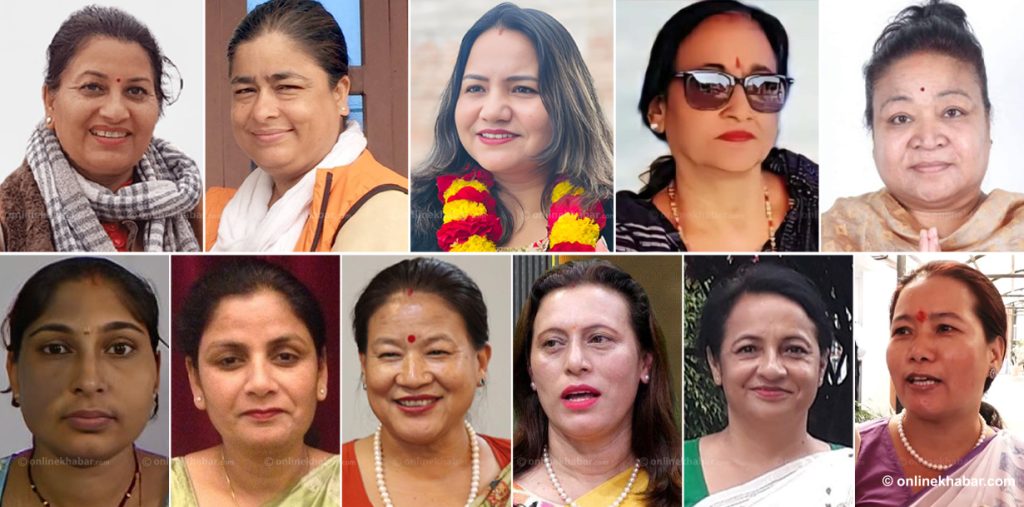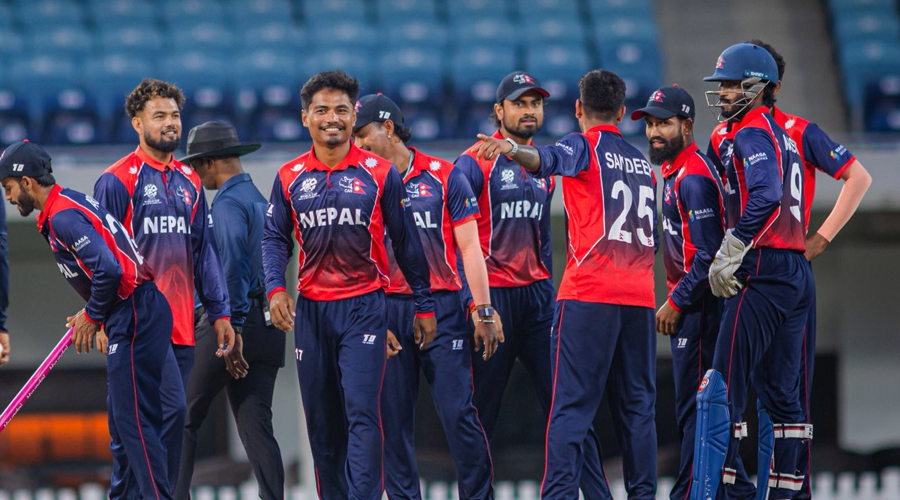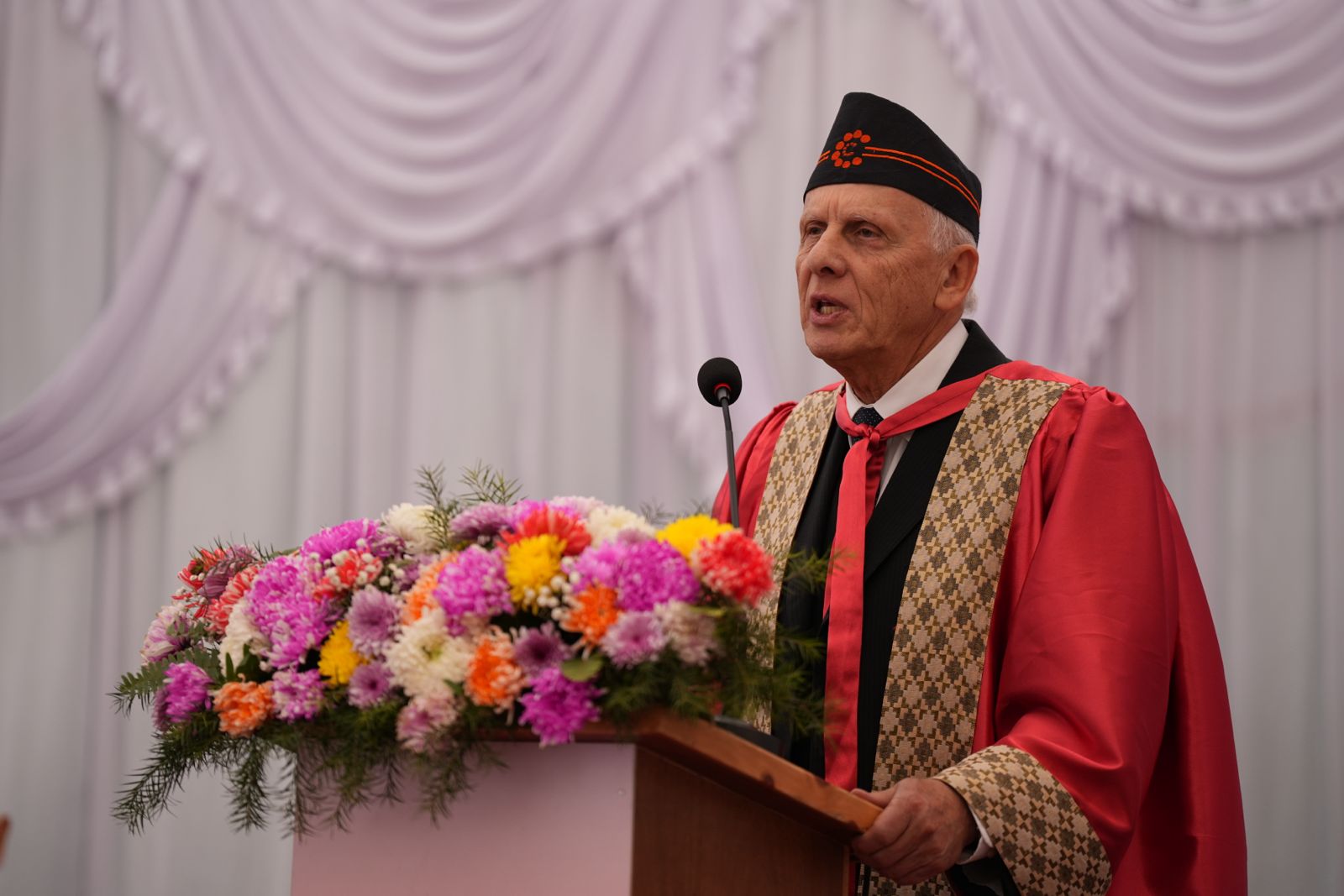Nowadays, as soon as mothers stop breastfeeding, it seems there is a trend that parents are in a rush to enrol their children in early childhood education centres, popularly called preschools or Montessori schools. These children go straight from their mother’s lap to classrooms, learning the alphabet, doing scores of homework, and carrying heavy bags of books. But, why?
Parents believe that when children go to school early, they learn faster and better. But, can a child’s physical and mental conditions match up to parents’ expectations? Studies from around the world state no child under the age of six is ready for school. It means early childhood education systems are not as effective as you think.
According to educationist Bidya Nath Koirala, “In Finland, which is said to have the world’s ideal education system, a child can be enrolled in a school only after the age of seven, whereas they get compulsory education only after the age of nine. Once enrolled, children from age seven to 16 get school-level education.”
He further explains, “Some families, mostly with single parents, send their children to school at the age of one as they are busy with work and don’t have time to take care of their children. However, even if they go to school within a year, they start learning only after the age of seven.”
Early childhood education and the Nepali culture
In the eastern culture, there are some mentions about at what age children are eligible for education. Among the 16 rites mentioned, the upanayana rite (or coming-of-age ceremony for boys) is considered to be the stage of vidyarambha (the beginning of getting an education). According to the scriptures, upanayana rites are performed at the age of eight, once they are capable of gaining knowledge.
Having said that, the current scenario of early childhood education is way different. Parents are in the race to send their children to school at the age of two and a half years.
Koirala explains, “Our ancestors introduced the ritual to perform Saraswati puja, in a symbolic manner, when a child reaches six years of age and starts schooling. Yet, our society has not realised its essence. Before that, they should be allowed to eat, play and have fun as children.”
Recent rationale
But, there are some factors and some trends that affect parents’ decisions about early childhood education. One such reason, as mentioned above, is working couples who do not have time to look after their children.
The second reason is parents going after the trend of sending their children to early childhood education centres, imitating others. Due to the current social system, existing education system, poor understanding of education, and family pressure, many parents send their children to school at an early age.
It does not mean that children should not be sent to school at a young age. But, Koirala clarifies that the teaching should start only after the age of seven years.
Daycare centres as an alternative

But, Koirala says if parents are busy, they have the option to send them to daycare centres instead of early childhood education centres. However, in Nepal, sadly, daycare centres are all in name only, he laments.
In daycare centres in Finland, there is no reading or writing for the children. Instead, they are motivated to play, have fun, and make new friends.
However, if there is someone at home to take care of the children, it is better for them to join school only after the age of five. For example, in the villages, where there are joint families. Educationists believe that children with their grandparents can learn more life skills.
“Schooling starts with grade one. In most parts of the world, schooling starts after children reach five years of age. Elsewhere, there is a daycare system,” says educationist Susan Acharya, “Hence, in Nepal, children under the age of five are sent for early childhood education programmes.”
An early childhood education programme is generally graded into playgroup, nursery, UKG, and LKG. By the age of five, and the children reach grade one, they are required to have passed all previous grades. Therefore, parents’ psychology guides them to give early education to their children, and always feel the rush, pressure and unnecessary competition to send the children to school early, according to the experts.
Keep the innocence alive
Psychologists say children should be allowed to play and enjoy themselves freely until they reach a suitable age, rather than keeping them in the classroom. Anyone younger than six is supposed to play and enjoy, not supposed to rote-learn. They view if any early childhood programme exists, it has to keep this need at the centre.
According to Bijay Gyawali, who has spent a long time living in Japan as a clinical doctor, children there who are under the age of six are not given pens and papers there. Instead, they are allowed to play and grow freely.
Home is the first school and parents are the first teachers for the young ones. At a young age, they need to be in the proximity of their parents and feel their touch. Growing up in a playful and enjoyable home environment makes children creative and gives them opportunities to explore their interests.
“Childhood should be protected,” Koirala points out, “Take the example of Kathmandu’s Jyapu community that take their children to the farm together while working. The children play in the field with insects and soil, and their childhood is secured and they develop their personality, organically.”
Only if the early childhood education centre has a system where they can play and learn freely, the children can be sent there at any age, child psychologist Arun Kunwar explains.
“When the child is sent to school early, they learn social behaviours, socialising tricks and develop their personality,” he says.
But, according to him, people are focused on sending their children to school for reading and writing. Depending on their age, he says, they need to focus on what they can do. “A three-year-old learns more by playing than by reading, so it is wrong to force them,” he adds.
Koirala shares, “I saw a child being taught in a school in the United States. There they get an environment where children are taught through games or play, according to their interests. Some were showing pictures they drew to the teacher while some were sharing how they broke the radio.”
Koirala says it is more important to know what to teach a child at what age rather than focusing on sending them to school early following the trend of early childhood education.
This story is translated from the original Nepali version and edited for clarity and length.

























